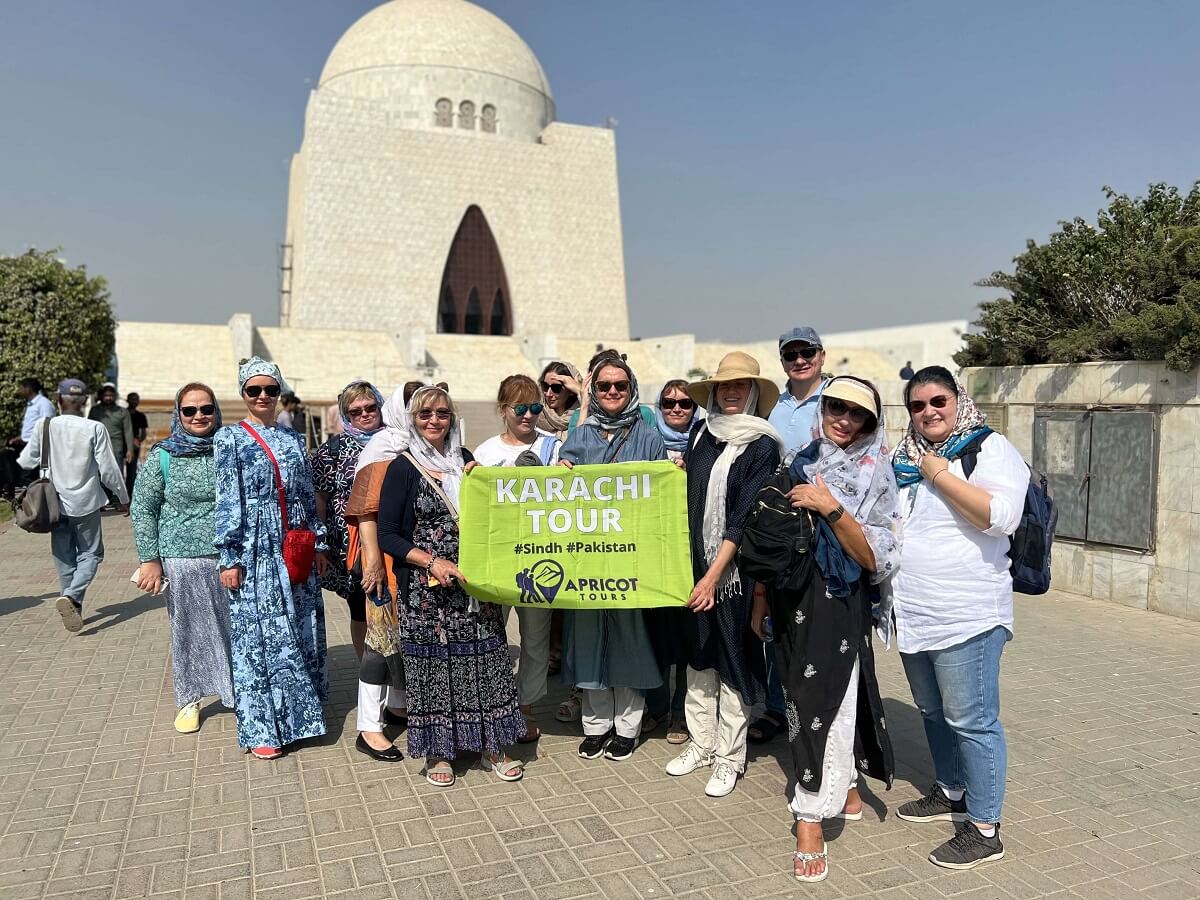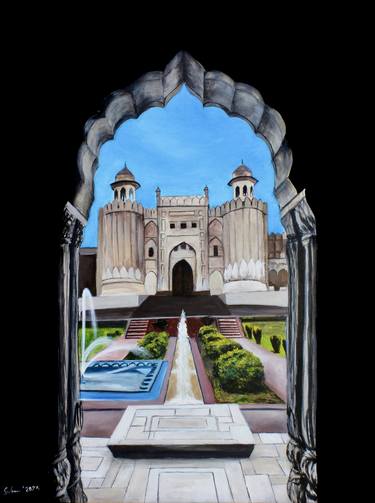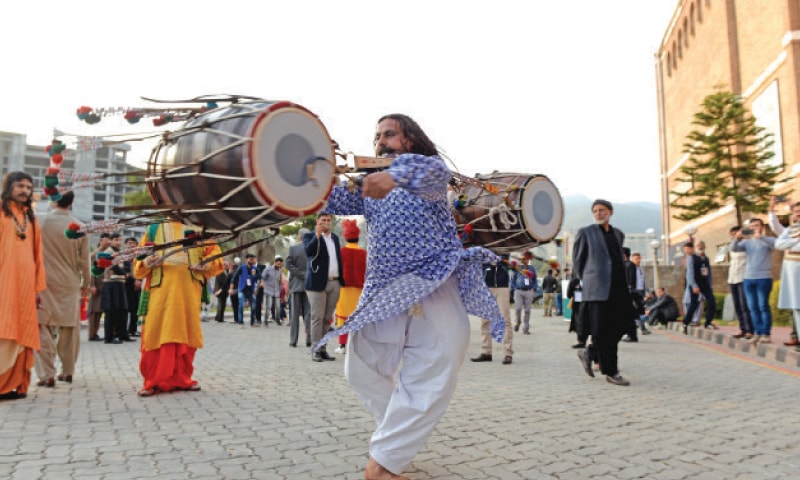About Pakistani Culture
Introduction:
Pakistan, a land steeped in history, tradition, and diversity, boasts a culture that is as vibrant as it is intricate. Situated at the crossroads of South Asia, Central Asia, and the Middle East, Pakistan's cultural landscape is a mosaic of influences spanning centuries. From its ancient civilizations to its modern-day expressions, Pakistani culture encapsulates a plethora of customs, rituals, languages, arts, and cuisines that reflect the nation's rich heritage. In this comprehensive exploration, we delve deep into the multifaceted layers of Pakistani culture, unraveling its essence and significance in shaping the identity of its people.
Historical and Geographical Context:
Pakistan's cultural heritage is deeply rooted in its historical and geographical context. The region known today as Pakistan has been home to several ancient civilizations, including the Indus Valley Civilization, Gandhara, and the Mughal Empire. The geographical diversity of Pakistan, ranging from the towering peaks of the Himalayas in the north to the vast deserts of Sindh in the south, has played a significant role in shaping various aspects of its culture, including cuisine, clothing, and architecture.
Cultural Diversity and Unity:

Pakistan is a melting pot of diverse ethnicities, languages, and religions. The major ethnic groups include Punjabis, Pashtuns, Sindhis, Balochis, and Mohajirs, each contributing distinct cultural elements to the tapestry of Pakistani society. Despite the diversity, there exists a strong sense of national unity among Pakistanis, bound together by a shared history, language (Urdu), and national identity.
Language and Literature:

Urdu, the national language of Pakistan, serves as a unifying force among its linguistically diverse population. However, Pakistan is also home to a rich tapestry of regional languages, including Punjabi, Pashto, Sindhi, Balochi, Saraiki, and others. Pakistani literature, spanning from classical poetry to contemporary fiction, reflects the nation's cultural ethos, societal values, and historical narratives. Renowned poets and writers such as Allama Iqbal, Faiz Ahmed Faiz, and Saadat Hasan Manto have left an indelible mark on Pakistani literature.
Religion and Festivals:

Islam plays a central role in Pakistani culture and society, with the majority of the population being Muslim. Islamic traditions and practices influence various aspects of daily life, from prayers and rituals to social customs and festivities. Pakistani festivals such as Eid-ul-Fitr, Eid-ul-Adha, and Mawlid-un-Nabi are celebrated with great fervor and enthusiasm, bringing communities together in joyous celebrations marked by prayers, feasting, and charitable acts.
Arts and Architecture:

Pakistani art and architecture reflect a rich tapestry of influences, including Islamic, Mughal, Persian, and indigenous traditions. Architectural marvels such as the Badshahi Mosque in Lahore, the Shah Jahan Mosque in Thatta, and the Shalimar Gardens are testament to Pakistan's rich heritage. The traditional arts of calligraphy, miniature painting, pottery, and embroidery continue to thrive in Pakistan, with artisans preserving centuries-old techniques and craftsmanship.
Music and Dance:

Pakistani music encompasses a diverse range of genres, including classical, folk, qawwali, and contemporary pop. Iconic musicians such as Nusrat Fateh Ali Khan, Abida Parveen, and Noor Jehan have gained international acclaim for their contributions to Pakistani music. Traditional Pakistani dances such as the Bhangra, Kathak, and Dhamal are performed at weddings, festivals, and cultural events, showcasing the vibrant and dynamic spirit of Pakistani culture.
Cuisine:

Pakistani cuisine is a delectable fusion of flavors, drawing inspiration from various culinary traditions, including Mughlai, Persian, and South Asian. Staple ingredients such as rice, wheat, meat, and spices form the foundation of Pakistani cuisine. Signature dishes such as Biryani, Nihari, Seekh Kabab, and Haleem are cherished for their exquisite taste and aroma, while desserts like Gulab Jamun, Jalebi, and Kheer offer a delightful conclusion to any meal.
Conclusion:
Pakistani culture is a treasure trove of heritage, diversity, and resilience, shaped by centuries of history, tradition, and societal evolution. From its ancient civilizations to its modern-day expressions, Pakistan's cultural landscape is a testament to the rich tapestry of human creativity and ingenuity. As Pakistan continues to navigate the complexities of the modern world, its cultural heritage remains a source of strength, unity, and inspiration for its people, fostering a sense of identity and belonging that transcends borders and boundaries.